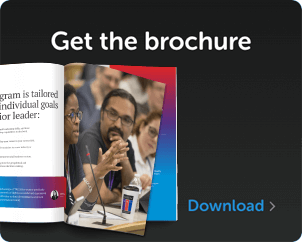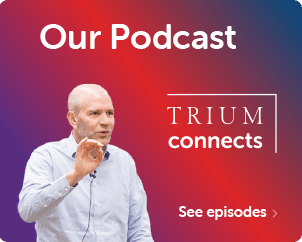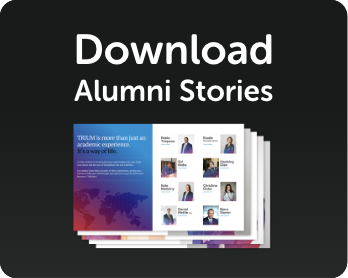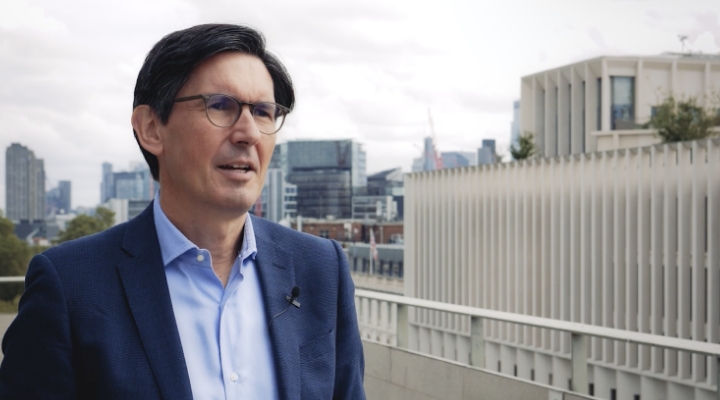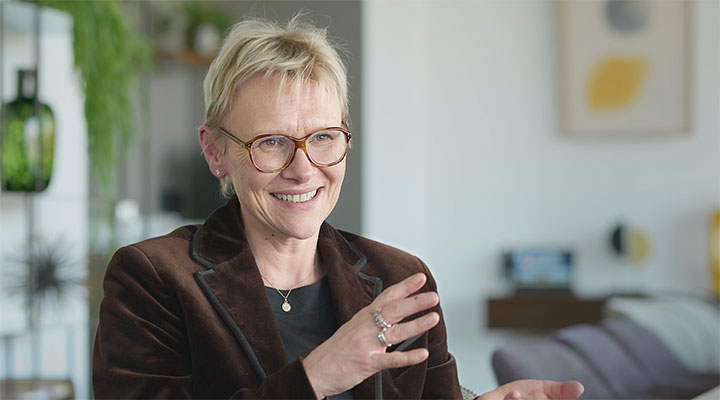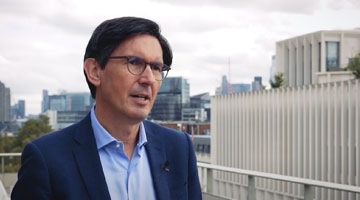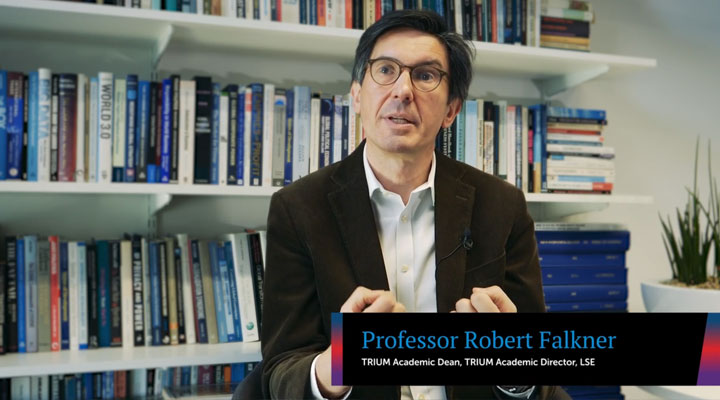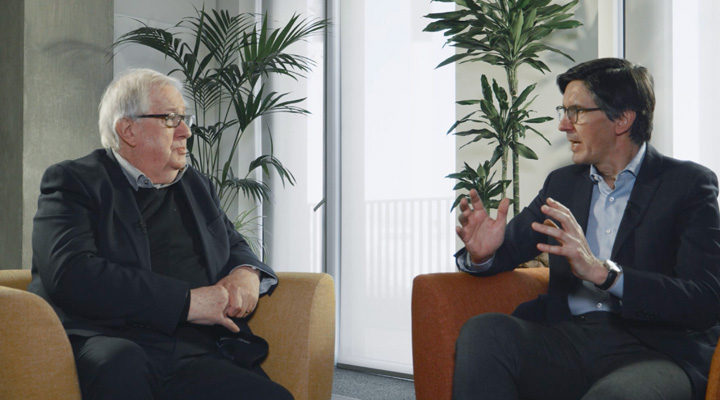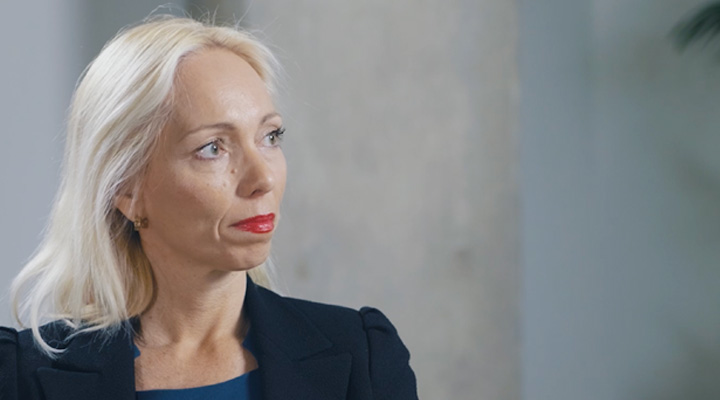

Innovation in Frontier Economies

Module 5
Nairobi, Kenya 1-10 November 2026
TRIUM’s module in Africa is unique amongst global EMBAs and allows us to look at new business models and economic development in what is often described as a ‘frontier economy’
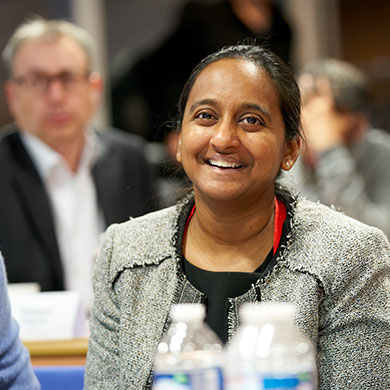
Key topics and themes
African economies like Kenya attract a lot of interest from US, Europe, and China and other Asian countries, and the effect of this onrush of incoming investment is reshaping local economies across the continent. We examine the disruptive nature of rapid growth in Africa’s fast-changing markets. We study more advanced topics of how to grow and expand businesses into marketplaces that are not as developed as those we’ve visited in previous modules, and the challenges this entails.
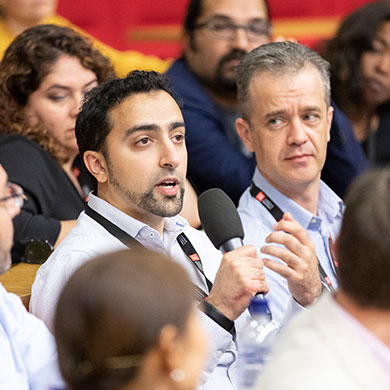
Nairobi is an exciting location. It’s a start-up centre for the region with a growing entrepreneurial culture. We will explore this scene and meet with local business leaders, studying the innovative business models (such as ‘bottom of the pyramid’ models) that are emerging in a developing country that has global ambitions. We consider the potential of multinationals arising from Africa, just as they did from Asia in the latter half of last century.
The module is an appropriate location to also address the issues of energy, sustainability, and climate change. We look at the challenges climate change poses for international business in a region that can be disproportionately affected by it. We review international and national policy responses, and examine the various business risks (physical, regulatory, reputational, litigation), along with discussing the new business opportunities that the green economy offers.
Featured faculty
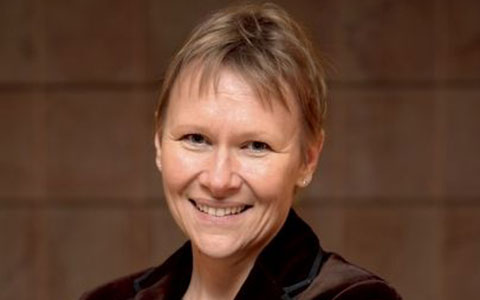
Professor Laurence Lehmann-Ortega
TRIUM Academic Director, HEC
Hide BioProfessor Lehmann-Ortega is an affiliate professor in the strategy and business policy department at HEC Paris, and the TRIUM Academic Director of HEC Paris. Her research focuses on strategic and radical business model innovations, especially in mature firms, that address the challenges of sustainable development.

Professor Robert Falkner
TRIUM Academic Dean, Academic Director, TRIUM, LSE (Modules 1 & 6)
View BioProfessor Robert Falkner
TRIUM Academic Dean, Academic Director, TRIUM, LSE (Modules 1 & 6)
Hide BioProfessor Falkner rejoins the class in Module 5 having first met them in Module 1 in London. Robert is a Professor of International Relations at the LSE and a Distinguished Fellow of the Munk School of Global Affairs & Public Policy at Toronto University. He was the Research Director of the LSE’s Grantham Research Institute on Climate Change and the Environment in 2017-22. Robert has published widely on issues relating to international political economy, global business and global environmental politics.
Faculty focus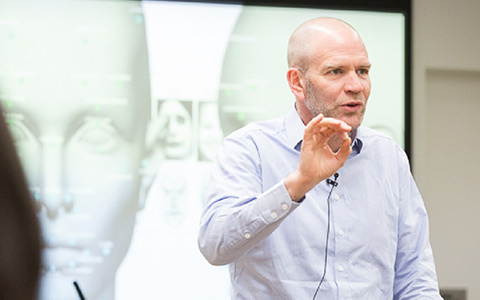
Professor Matt Mulford
TRIUM Capstone Director
Hide BioOnce again Matt Mulford joins the class, this time to focus on his ‘Negotiation Analysis’ course. His research interests include the psychology of judgment and decision, negotiation analysis, experimental game theory, and experimental research design.

Professor Chris Alden
Professor of International Relations, Director of LSE IDEAS Department of International Relations
View BioProfessor Chris Alden
Professor of International Relations, Director of LSE IDEAS Department of International Relations
Hide BioProfessor Chris Alden teaches International Relations at the London School of Economics and Political Science (LSE) where he is Deputy Head of the Department (PhD and Research). He is also Director of LSE IDEAS. He is a Research Associate with South African Institute of International Affairs (SAIIA).
Alumni perspectives

Tina Taylor
USA Class of 2015I saw that the program offers the rare global component I was looking for, and the average age of the TRIUM cohort appealed to me; it brings a higher level of conversation. I also recognized that I would be able to apply a high percentage of my classroom knowledge to my job.

Cristina Disler
UK Class of 2023TRIUM has provided an expanded global lens that has supported my ability to innovate and think beyond my own limitations of possibility. TRIUM has crafted an experience to serve those who set out to create and disrupt on a global scale.
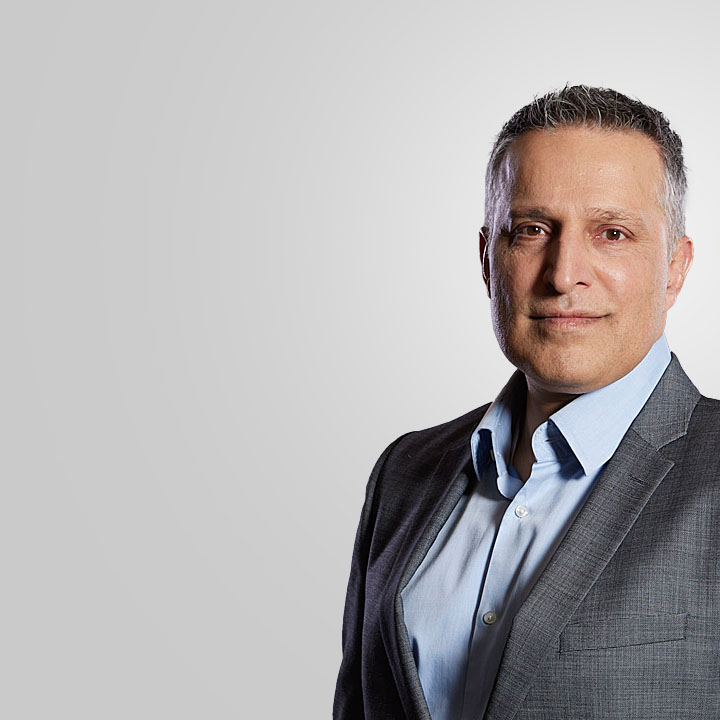
Fida Chisti
UK Class of 2015If you’re looking for a programme of study to stretch your business and global macro-economic understanding whilst developing your entrepreneurial confidence then look no further than TRIUM.
Explore the modules
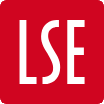

London
7-19 September 2025

Seoul
12-22 July 2026

